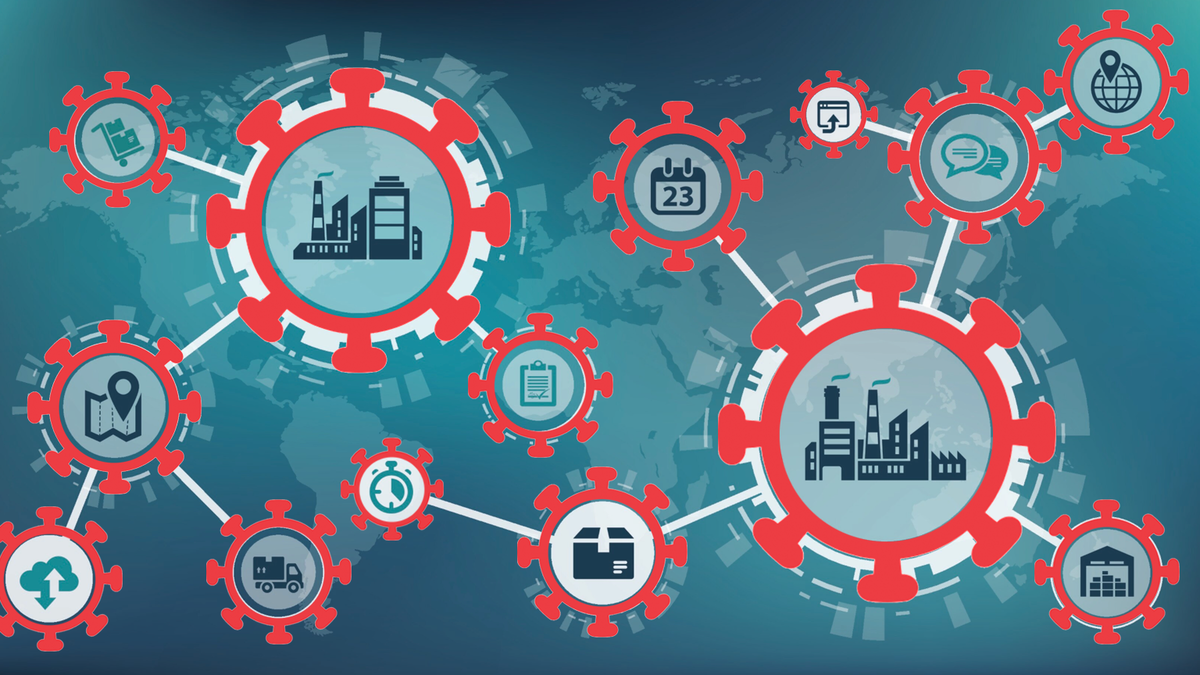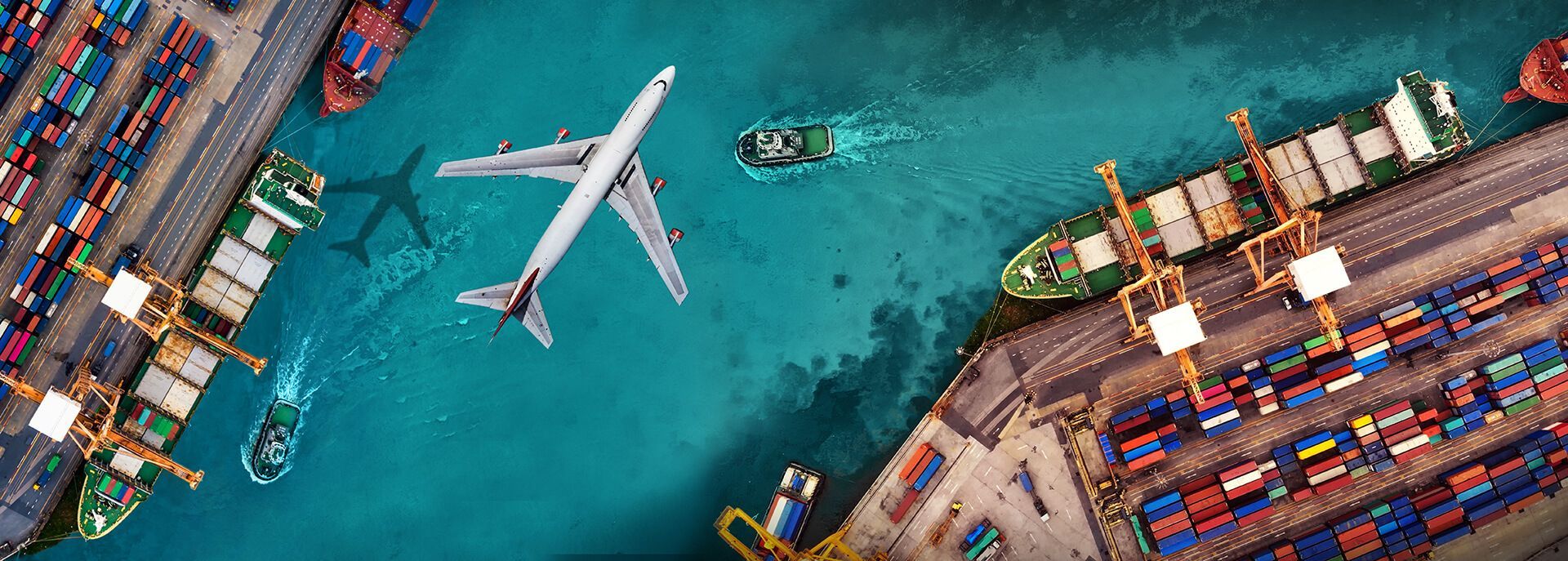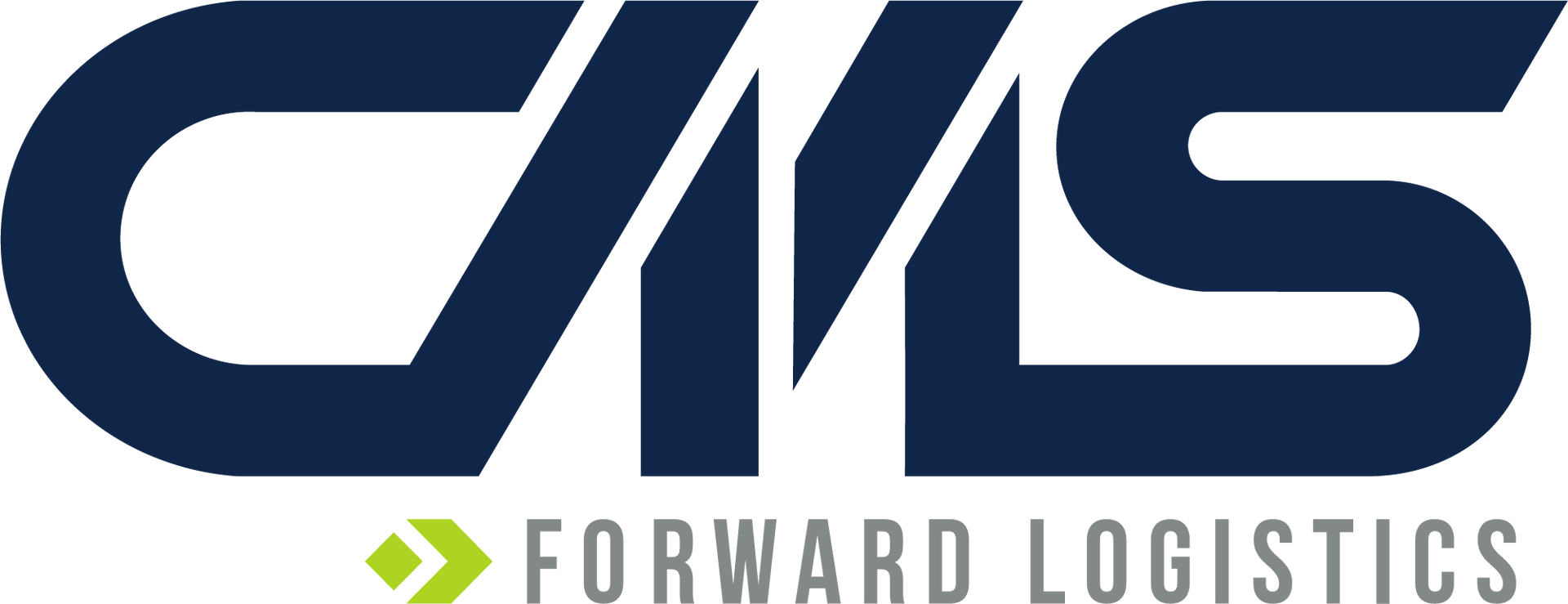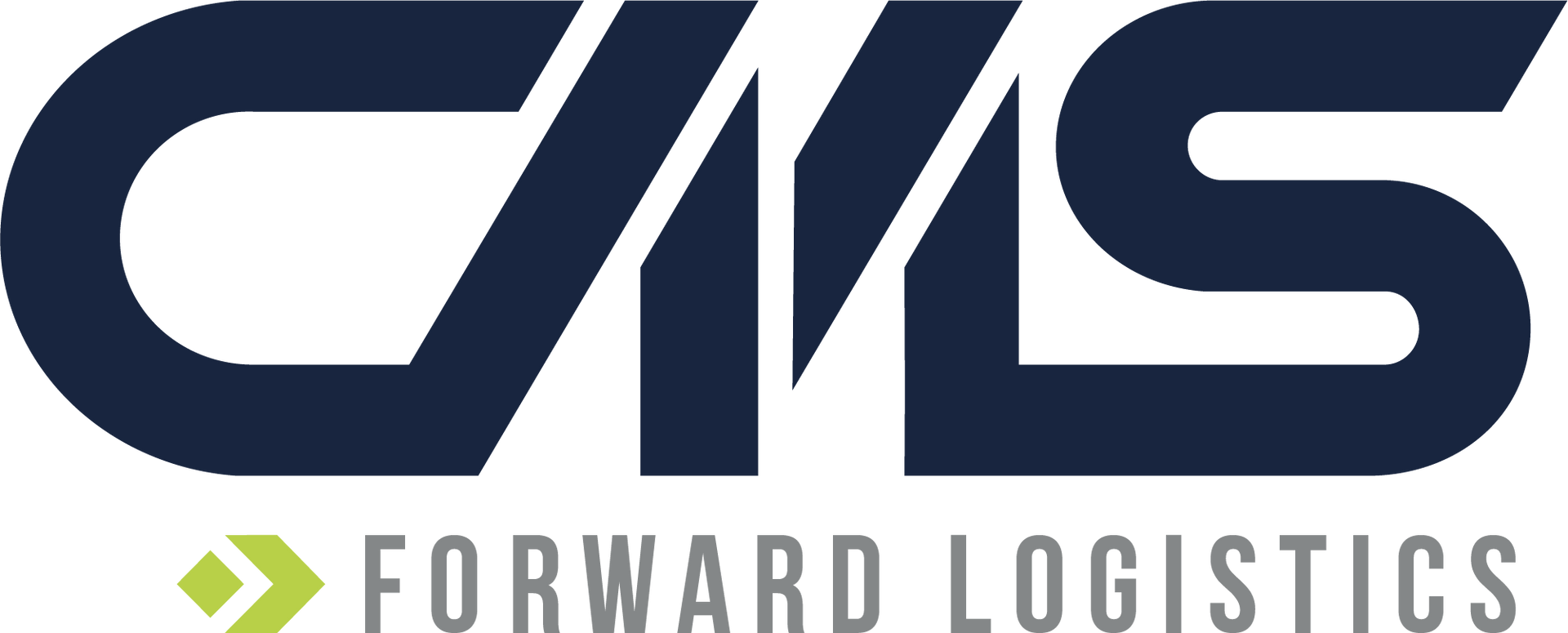Need Answers?
Check out our Frequently Asked Questions

This article discusses how third-party logistics providers (3PLs) are adapting to meet the changing needs of customers in the growing e-commerce market. The article highlights the challenges that 3PLs face, including last-mile delivery, real-time visibility and tracking, and the need for collaboration and communication between stakeholders. To address these challenges, 3PLs are investing in technology such as automation and robotics, providing specialized services, and improving their operations through collaboration. Overall, the article provides insights into how 3PLs are differentiating themselves and providing a better customer experience in the e-commerce era.

A discussion about how the Covid-19 pandemic has disrupted global supply chains, as well as logistical solutions to mitigate its impact. The article highlights the importance of diversifying supply chains, investing in automation and robotics, building collaboration and communication between stakeholders, and building a resilient and flexible supply chain. These solutions can help businesses manage supply chain disruptions and ensure the continued flow of goods and services.

This article is a beginner's guide to logistics, aimed at those who are new to the industry or seeking to expand their knowledge of the logistics field. The article covers the definition of logistics, its importance, and its various types, including inbound, outbound, reverse, and international logistics. It also describes the key logistics processes, such as planning, transportation, warehousing, inventory management, and order fulfillment, and the logistics technologies that are essential for modern logistics operations.

